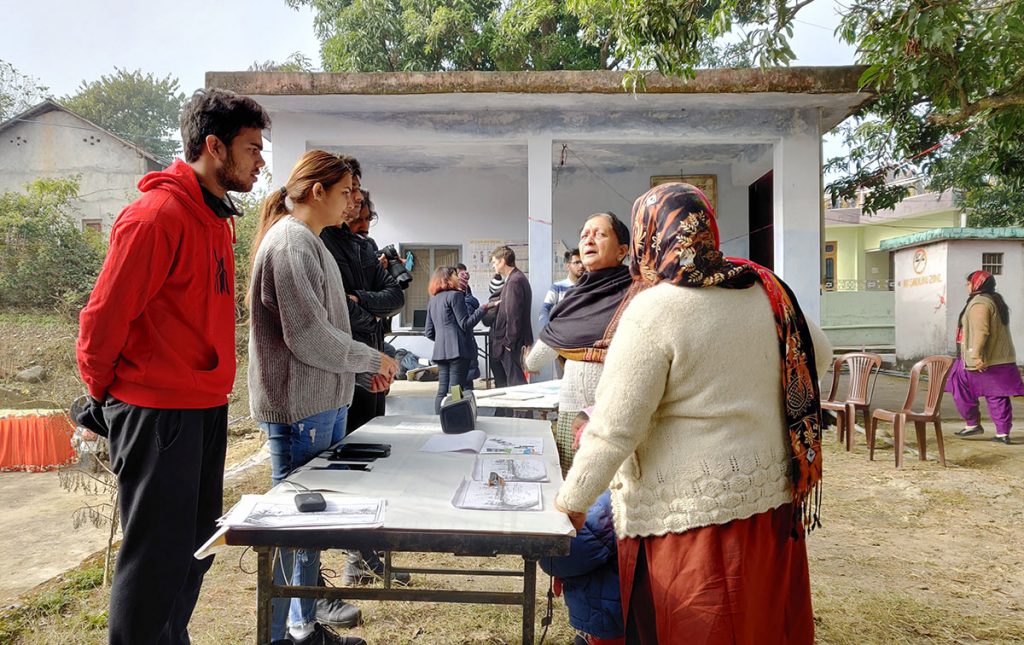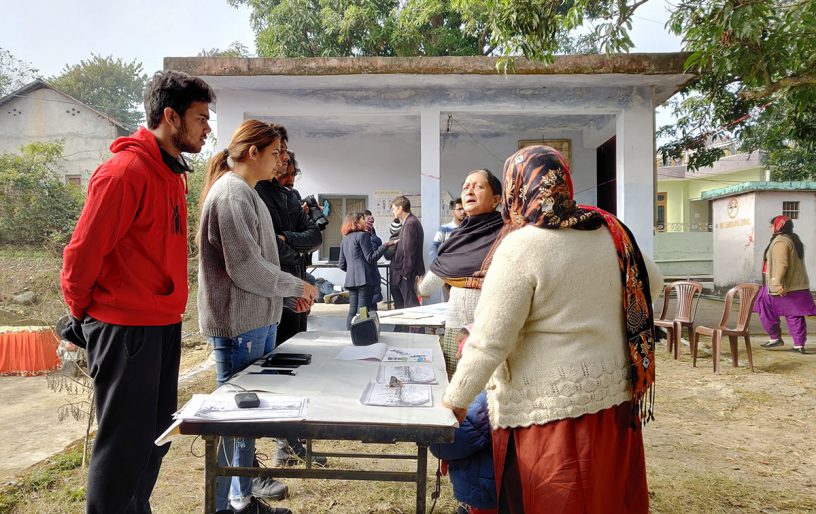
Helping scientists to have better collaboration across scales seem critical to enable transdisciplinary sustainability research projects realise their true potential.
Authors
Aditya Ghosh, Associate Professor, Jindal School of Art & Architecture, O.P. Jindal Global University, Sonipat, Haryana, India; South Asia Institute, University of Heidelberg, Germany; Leuphana University, Lüneburg, Germany.
Summary
Transdisciplinary sustainability research (TSR) is essential to better understand and tackle wicked problems such as climate change and realisation of sustainable development goals (SDGs). However, despite the normative nobility, a significant share of these initiatives seems to remain merely rhetorical that fail to address both local level socio-environmental crises and global catastrophes such as rising emissions.
To better understand structural and procedural barriers within a TSR project, this study conducted “research on (a transdisciplinary sustainability) research”. It locates two critical reasons why TSR is not able to deliver on its promises in offering effective guidance in addressing global sustainability crisis and discusses how it can be more equitable in knowledge generation in particular and science in general.
Firstly, it necessitates TSR to challenge the neo-colonial regime and the hegemonic processes of a dominant Northern episteme around the concept of sustainability, as it otherwise threatens to reinforce and perpetuate the status quo that produces unsustainability from the top.
Findings also reveal key procedural shortcomings (often connected to the hegemony itself) that include constricted temporal allowance, insecure scientists and nexus of techno-science markets, Northern academia, funding agencies and governments.
This not only seems to affect universality and reflexivity of the TSR project, but also undermines justice and equity by reinforcing prevailing power orders. It seems essential to theoretically shift from domination to partnership, allying with multiple realities, legitimising diverse ontologies and validating epistemic plurality to help TSR gain greater credibility.
Procedurally, reforms in institutional research and funding processes including extended temporal spaces and helping scientists to have better collaboration across scales seem critical to enable TSR projects realise their true potential.
Published in: Sustainability Science
To read the full article, please click here


